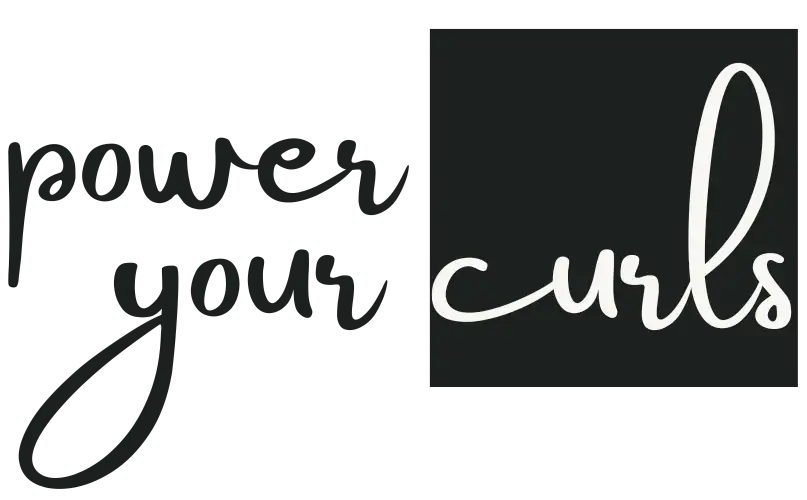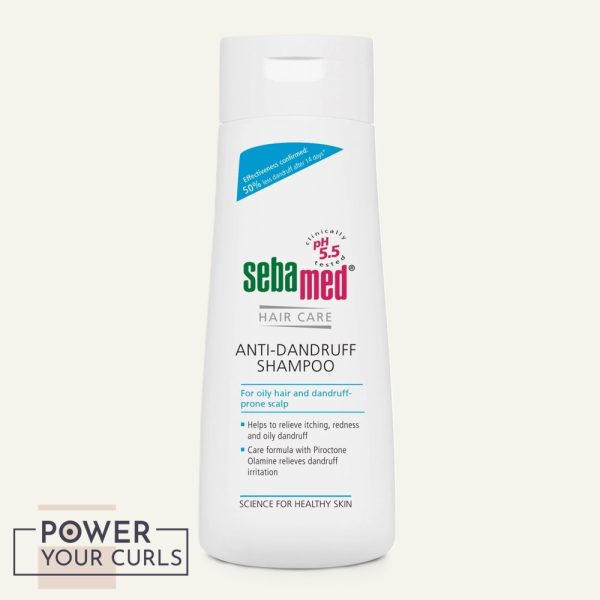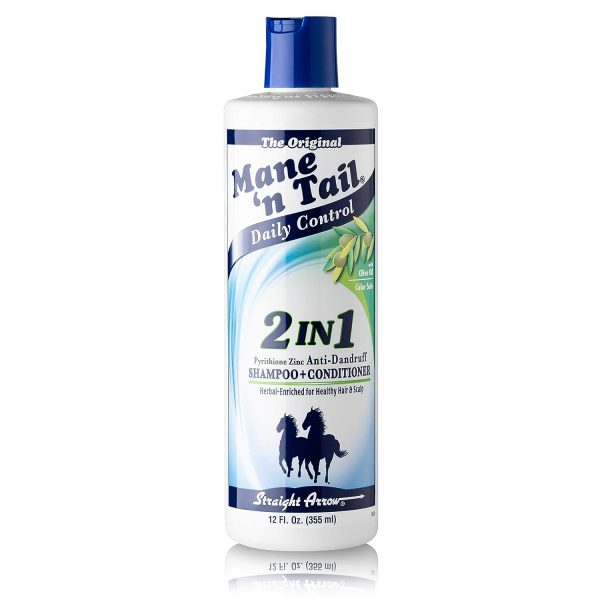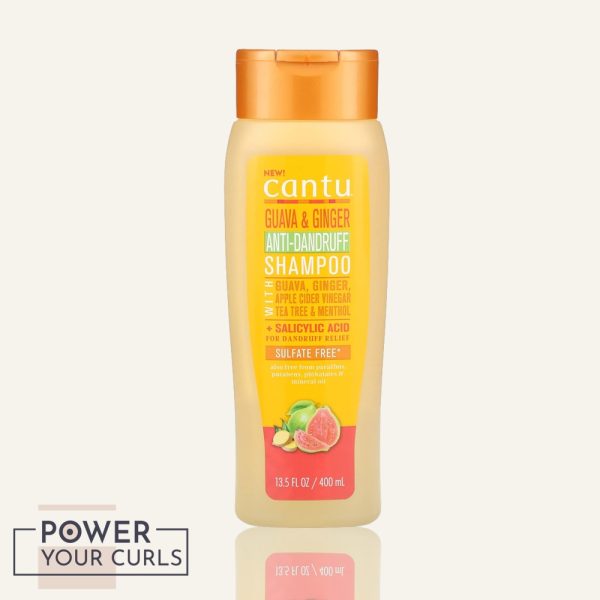When your scalp itches, dandruff is not always the prime offender. As flakes appear on your clothing, observe them. Feel your scalp. Is it oily or dry? If it’s dry, chances are that you might have a flaky scalp.
Learn all about this common skin condition, including treatments and preventative measures. First off, let’s start with the definition of what a flaky scalp really is. Then, we’ll discuss the symptoms and causes of both dandruff and flakes.
What Is a Flaky Scalp?
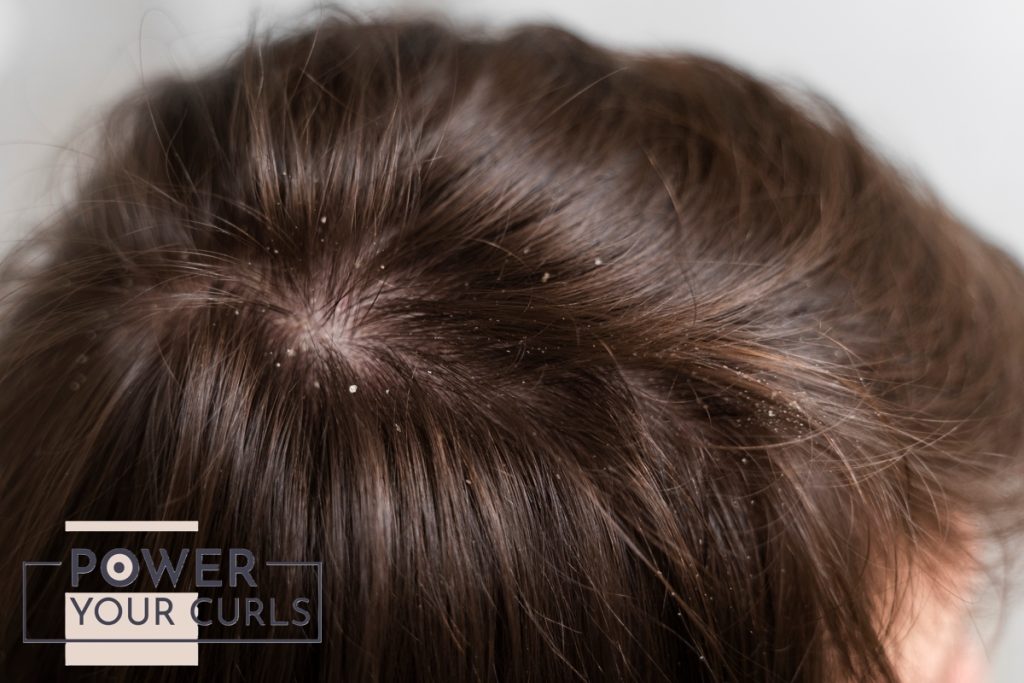
Flaky scalp happens when your scalp is visibly shedding dead skin cells, most likely because of dry scalp. A dry scalp doesn’t produce enough oil or sebum.
These flakes may cover your hair or clothes. Don’t confuse them with dandruff. Below, you can see why.
How Will I Know if I Have a Flaky Scalp or Dandruff?
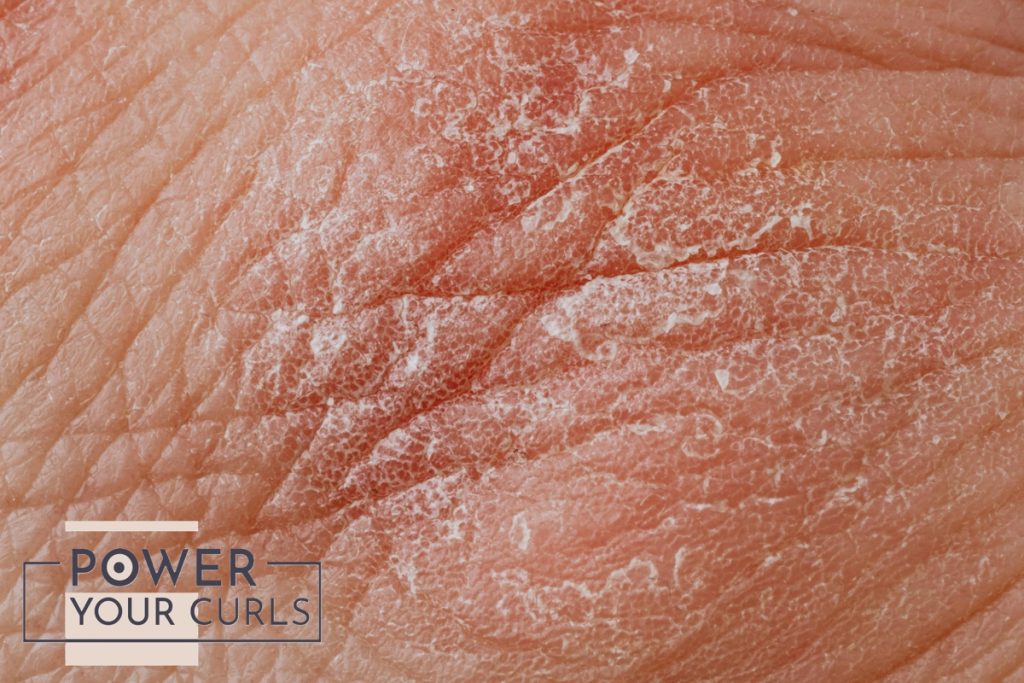
It’s sometimes hard to distinguish dandruff and flakes since they look similar to one another. Unless you’re a medical or hair care expert, you’ll need a couple of signs in order to distinguish the two. Here are their differences based on symptoms and causes.
What Are the Symptoms of Dandruff?
Dandruff is large and oily, appearing yellowish. Your scalp is red and scaly, and even itchy
What Are the Causes of Dandruff?
The primary causes of dandruff have to be excess oil buildup and seborrhoeic dermatitis. Sebum production is healthy unless it becomes disproportionate. As for seborrhoeic dermatitis, it’s a scalp condition that leads to dandruff even in babies (cradle cap).
Another cause is an overgrowth of yeast called Malassezia. Malassezia triggers an overflow in the production of skin cells, leading to dandruff. Product buildup can also be a culprit as well.
What Are the Symptoms of a Flaky Scalp?
Flakes are small and dry, with a paler hue (white or greyish). The scalp itself is dry and itchy as well. The presence of dry skin patches or xerosis is a good indicator of a flaky scalp.
What Are the Causes of a Flaky Scalp?
The drier your scalp, the higher the chance of your scalp flaking. The environment, such as the cold air during the fall or winter times, makes your skin more brittle and damage-prone.
Other causes include hair products that strip too much of your hair’s natural oils, which may lead to contact dermatitis. This skin condition is reactive to products that contain allergens. As you age, you’re also more likely to have a flaky scalp.
How to Fight Flakes?: 6 Ways to Combat a Flaky Scalp
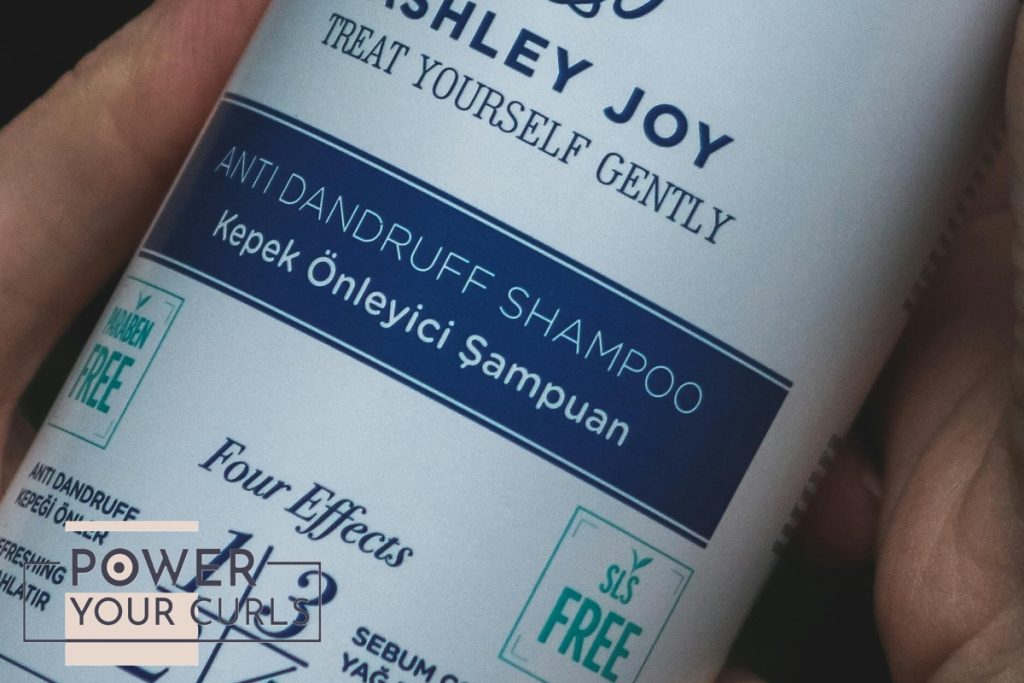
Exfoliate Your Scalp
A good exfoliation technique and process eases an itchy and flaky scalp by stroking away dead skin cells. Look for a gentle scalp scrub or a natural exfoliant. Exfoliate by doing a circular motion with your fingertips. Rinse out the exfoliant and continue with shampoo and conditioner.
Shampoo Often
Using shampoo frequently will keep the flakes from cropping up again on your scalp.
How often you shampoo will depend from person to person. Some individuals even need to shampoo their hair every day to get the best results. Your regular shampoo should be okay for moderate cases.
Try Anti-Dandruff Shampoo
Even when flaky scalp and dandruff are not the same, anti-dandruff shampoo helps with flakes. Get the anti-dandruff shampoo if your daily shampoo won’t cut it for you or your flaky scalp. Use the anti-dandruff shampoo every day until you see less flaking.
As the flakes slowly wash away, you can switch things up. Bring out the anti-dandruff shampoo between regular shampoo washes. Anti-dandruff shampoo comes in several kinds. These range from the following active ingredients listed below:
- Ceramides
- Ciclopirox Olamine
- Climbazole
- Coal tar
- Hyaluronic acid
- Ketoconazole
- Piroctone olamine
- Salicylic acid
- Selenium sulphide
- Sodium chloride
- Zinc pyrithione
So, you might need to try a few first before finding the right one for you. Here are our hair-care experts’ top picks for anti-dandruff shampoo:
Sebamed Anti-Dandruff Shampoo
Sebamed Anti-Dandruff Shampoo – 200 mL
Ingredient/s:
Aqua, Sodium Laureth Sulfate, Lauryl Glucoside, Sodium Lauroyl Sarcosinate, Sodium Chloride, Sodium Lactate, Hydroxypropyl Oxidized Starch PG-Trimonium Chloride, Piroctone Olamine, Glycolnium Chloride, Piroctone Olamine, Glycolreth-4, Lactic Acid, Citric Acid, Parfum, Phenoxyethanol, Sodium Benzoate.
2 In 1 Pyrithione Zinc Anti-Dandruff Shampoo + Conditioner
Mane ‘n Tail 2 In 1 Pyrithione Zinc Anti-Dandruff Shampoo + Conditioner – 12 Fl.Oz. / 355ml
Active Ingredients: Pyrithione Zinc 1%
- Herbal-enriched for healthy hair and scalp
- Formulated with natural herbs and olive oil; nourishes strengthens and fortifies from root to tip
- Built-in conditioners provide body and shine
- Safe and gentle for all hair types, helps protect color-treated hair
- Advanced formula relieves scalp itch, dryness, and irritation and helps prevent flakes
Out of stock
Guava & Ginger Anti-Dandruff Shampoo
Cantu Guava & Ginger Anti-Dandruff Shampoo- 13.5 fl.oz. / 400ml
Active Ingredients: Guava, Ginger, Apple Cider Vinegar, Tea Tree, Menthol, Salicylic Acid
Benefits
- Removes product build-up and helps eliminate dandruff
- Salicylic acid effectively provides long-lasting relief of dry, itchy, irritated scalp & dandruff.
- Formulated for all hair types and textures.
Lather Twice (And for Longer)
Dandruff shampoo is most effective when you lather the shampoo twice. Let the product sit in your locks for five (5) minutes before rinsing it out both times. You’ll see how well the dandruff shampoo works its magic after.
Use Conditioner After
It’s best for your scalp if you follow up the shampoo with a generous amount of conditioner. A good conditioner can soothe any irritation. It can also protect your scalp from drying out, making a protective seal to keep moisture in.
Don’t Scratch Your Scalp
Scratching your scalp will ease the itchiness for a second, but it might make things worse. It’s best to avoid damaging your scalp, so don’t scratch. It might lead to other complications, such as hair loss and bleeding.
How to Prevent Flakes?: 6 Ways to Protect Your Scalp
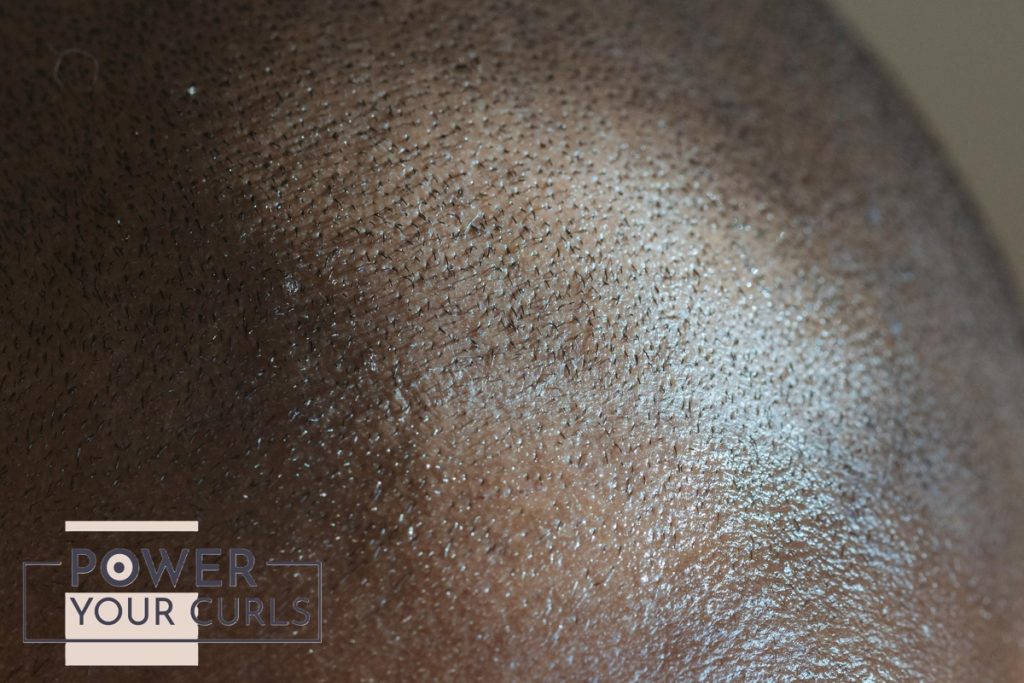
Fending off flakes and an itchy scalp can be done with a few simple steps. You can easily include any of the following ways in your everyday life:
- Handle stressors
- Stay hydrated
- Stop smoking
- Switch to gentle shampoos
- Wash regularly
- Try a humidifier
Natural Home Remedies for a Flaky Scalp
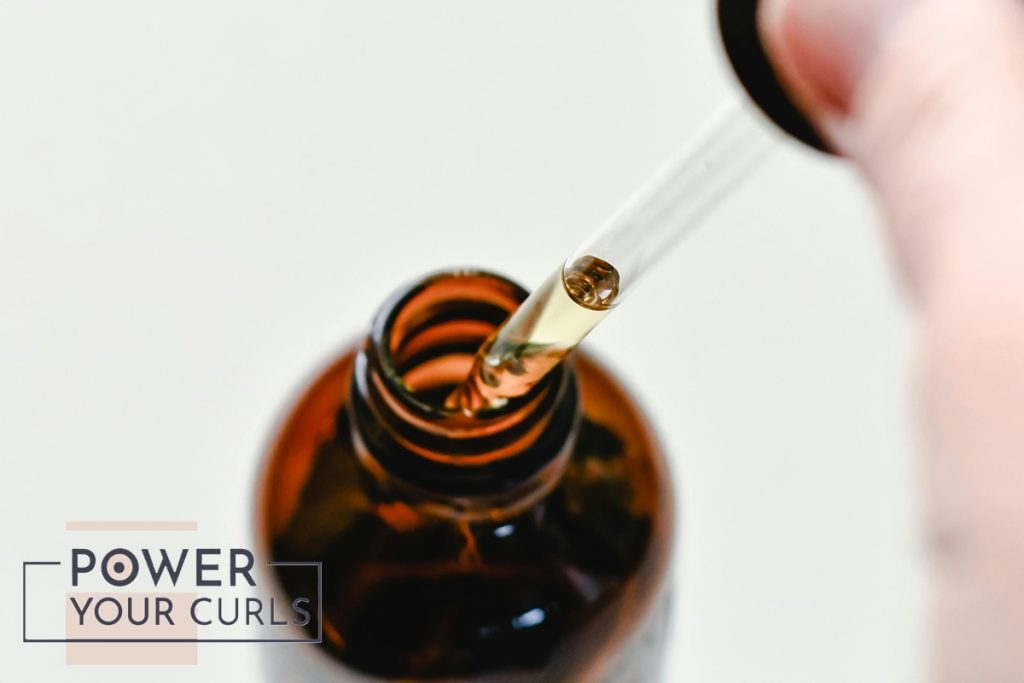
If all else fails, there are still options for your flaky scalp predicament. Going the natural route is perfectly healthy for people who might have allergies to certain active products. These natural remedies listed below will lighten up some of the flaking of your scalp:
- Aloe vera
- Apple cider vinegar
- Avocado
- Baking soda and olive oil
- Bananas
- Brown sugar
- Coconut oil
- Jojoba oil
- Tea tree oil
- Witch hazel
- Yogurt and eggs
When Do You Need Medical Treatment for a Flaky Scalp?
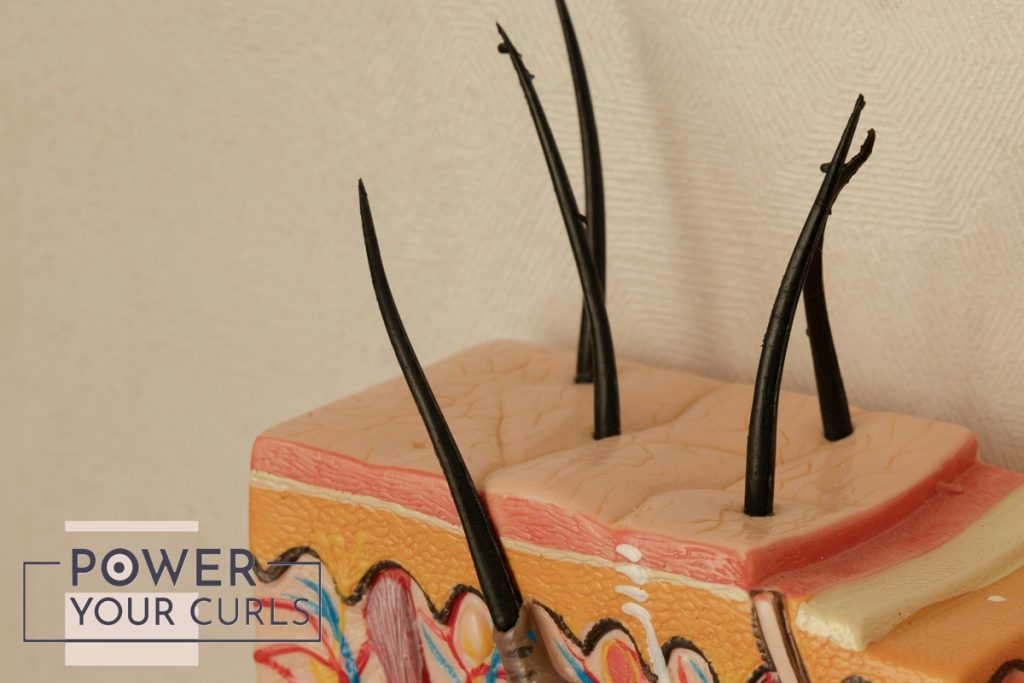
It’s time to consult a specialist if over-the-counter medication and even natural remedies didn’t work on your flaky scalp. Lack of improvement when you use any of the products might be a sign of an underlying condition.
Consult a healthcare professional or doctor, like a dermatologist, for your next steps. They may need to rule out other conditions that might cause a flaky scalp, like psoriasis and eczema.
